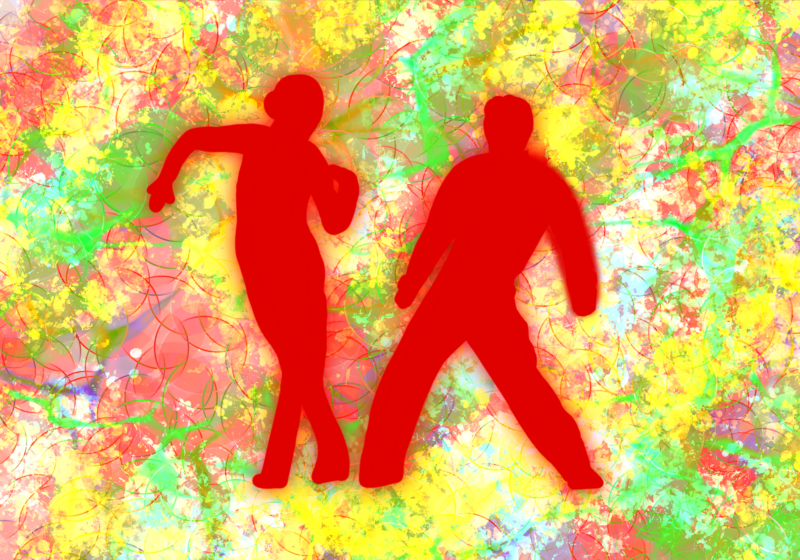Over the last few weeks, someone has taken to crossing out “THAT” on “We’re Better than THAT” campaign stickers with a black marker and writing “racism” in its place.
This seems to be an effort to unsanitize the language used to talk about the issue at hand—we’re confronting racism, not an unmentionable “THAT,” which seems like something a child might say—and we wholly support it.
In a similar way, the University appears to have risen to the challenge for improvement we issued in our March 3 editorial, which skewered the approach the University took—and the slogan it used—to combat racism on campus as muddled, passive, and ineffectual.
Now, walls around campus are festooned with bold posters that feature a blurred-out screenshot of a racist Yik Yak post and a gaudy campaign graphic, smack in the middle. If you look closely, you can make out the original post’s vitriol.
These posters have guts.
And for that, we commend the University. We cannot, however, speak to the success of Monday’s t-shirt giveaway, which many students were quick to deem unhelpful. Students raised concerns that the campaign is just self-promoting (or “raising awareness”) with little to no educational effort, which the campaign has itself responded to by saying that educational action is coming soon.
We are skeptical, too—whatever good the giveaway did was almost certainly trampled by the negative view students took of the event. Some took to social media to decry it as unsuccessful; others offered their opinions to the Campus Times reporter at the event.
We agree with those students. Instead of giving away t-shirts, let’s get those speakers and educational efforts underway. Students are not satisfied with mere marketing of the campaign—they want action up-front. Mixing promotion with education—or leaving education for later—sends a signal to students that the University is not prepared to tackle the issue directly. Let’s not water this down.
These posters are a big step in the right direction. Only when the campaign and the University confront the rot of racism head-on will we, as a campus, make any progress toward a solution.
And we think the University hears the students’ calls for action.
In our coverage of Monday’s event, we refer to an email sent by Beth Olivares, Dean for Diversity Initiatives in Arts, Sciences, & Engineering. That email uses precisely the sort of language that we’ve been waiting for from the campaign and the University. We’ve published the email in full here.
We don’t want the University to defang its language and, subsequently, its entire anti-racism campaign. To do so would compromise the integrity and effectiveness of what otherwise is an important—and necessary—effort. This email suggests that the University does understand what students are looking for.
Olivares hits the nail on the head, and, for now, has convinced us to hold on and see what the campaign will bring.
We support an anti-racism campaign, but not the one that we’ve seen so far. We support the one that Olivares has promised.





